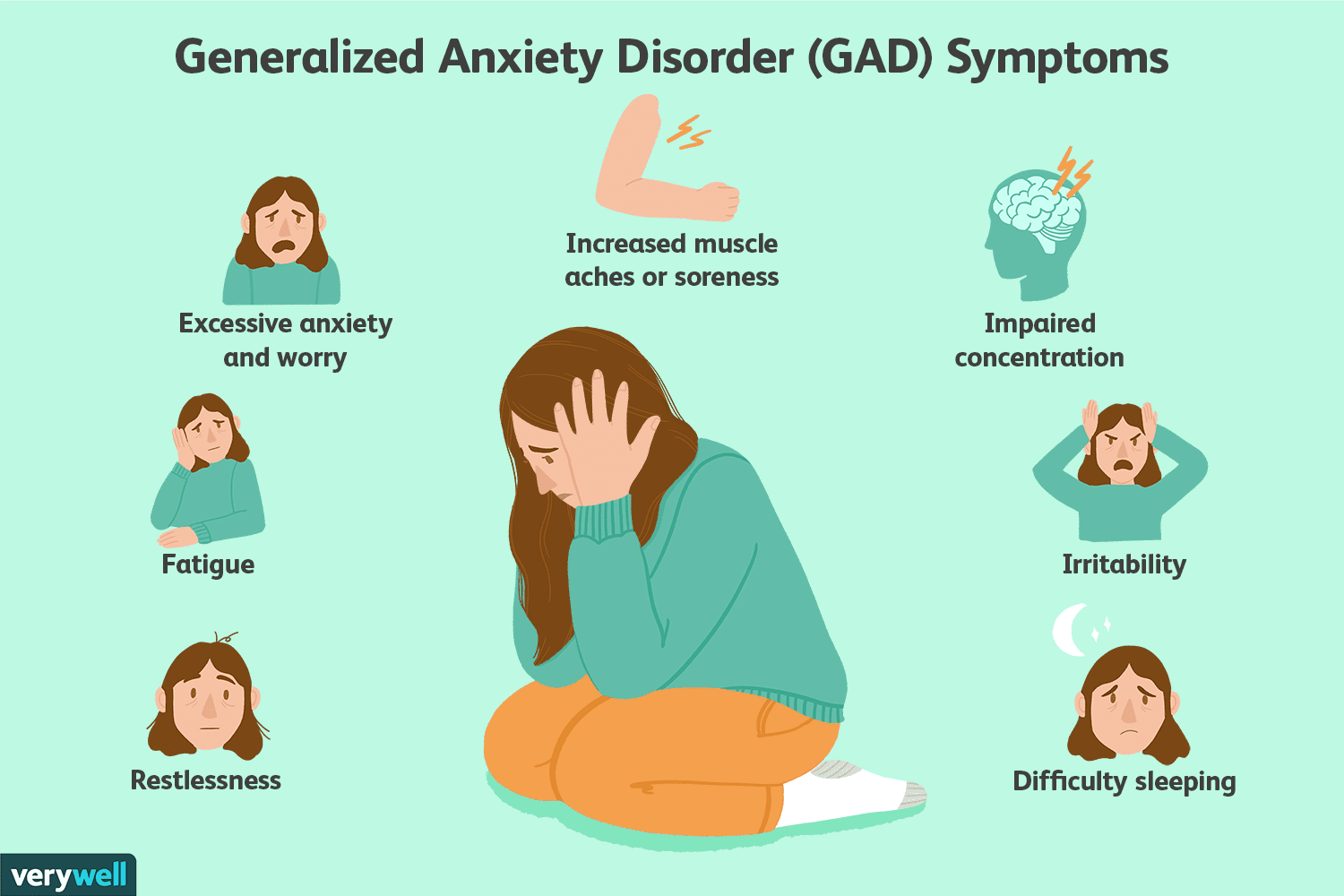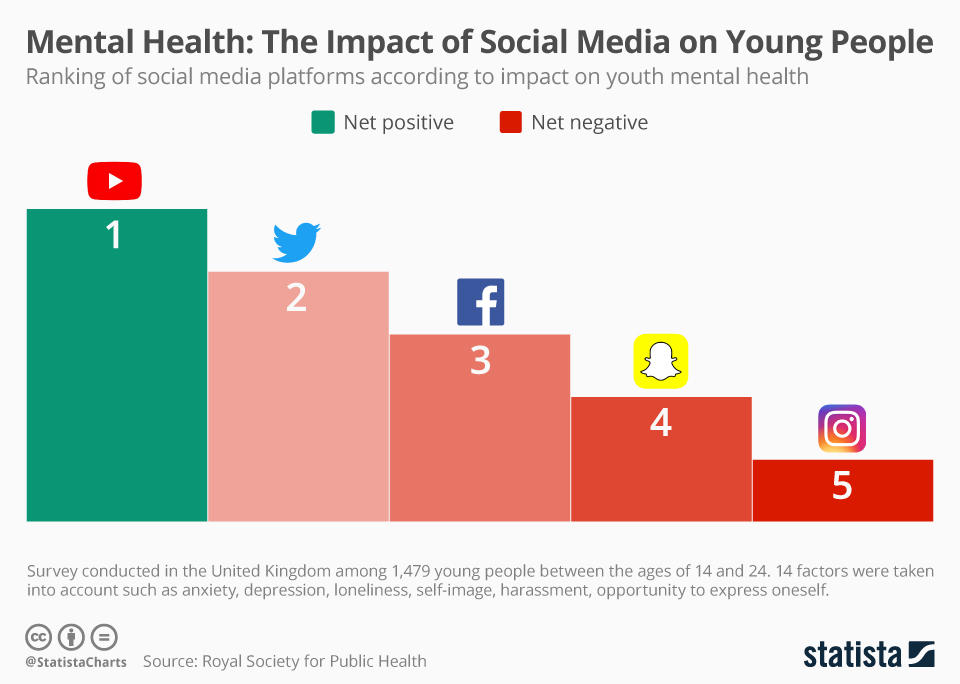Anxiety is a normal and natural response to stress. It’s the body’s way of preparing for a perceived threat or danger. However, for some people, anxiety can become overwhelming and disruptive to daily life. If you’re experiencing anxiety, it’s important to recognize the signs and symptoms, and take steps to manage your anxiety in a healthy way.
Here are some signs and symptoms of anxiety:
- Physical symptoms: Anxiety can cause a range of physical symptoms, including rapid heartbeat, sweating, trembling, and shortness of breath.
- Cognitive symptoms: Anxiety can also affect your thoughts and perceptions. You may experience racing thoughts, difficulty concentrating, or a sense of impending doom.
- Behavioral symptoms: Anxiety can lead to avoidance behaviors, such as avoiding social situations or places that trigger your anxiety.
If you’re experiencing these symptoms, it’s important to seek support from a mental health professional. They can help you identify the underlying causes of your anxiety and develop a personalized treatment plan.
In addition to seeking professional support, there are also practical strategies for managing anxiety in everyday life. Here are some tips for managing anxiety:
- Practice self-care: Self-care is essential for managing anxiety. Make sure you’re getting enough sleep, eating a healthy diet, and engaging in regular exercise.
- Practice relaxation techniques: Relaxation techniques, such as deep breathing, progressive muscle relaxation, and guided imagery, can help calm the body and mind.
- Challenge negative thoughts: Anxiety is often fueled by negative thoughts and self-talk. Challenge these thoughts by asking yourself if they’re based in reality, and if there’s evidence to support them.
- Set realistic goals: Setting realistic goals can help reduce feelings of overwhelm and anxiety. Break big goals into smaller, more manageable steps, and celebrate your progress along the way.
- Practice mindfulness: Mindfulness involves being present and aware in the moment, without judgment. Mindfulness techniques, such as meditation and yoga, can help you cultivate a sense of calm and reduce anxiety.
- Seek social support: Talking to friends, family, or a therapist can help you feel supported and less alone in your anxiety.
Managing anxiety takes time and effort, but with the right strategies and support, it’s possible to live a fulfilling and anxiety-free life. Remember to be patient and compassionate with yourself, and seek support when you need it. With time and practice, you can learn to manage your anxiety and thrive in everyday life.





